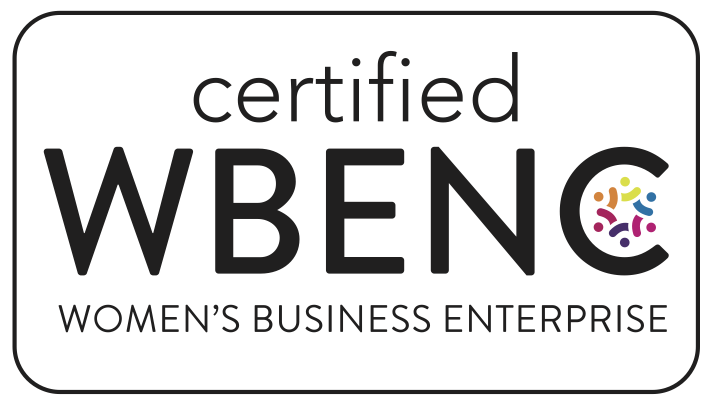Workforce Management
Mastering Collaboration: A Guide to Working Effectively with Gen Z
In today’s workforce, collaboration is key to achieving success. As organizations become more diverse, the ability to understand and effectively work with team members from different backgrounds, including age, becomes increasingly essential.
What Veterans Entering the Civilian Workplace Want
Military veterans, reservists, and members of the National Guard can be valuable additions to any organization's workforce, bringing their can-do spirit and specialized training to a variety of civilian roles.
A Smorgasbord of Stressbusters
Even when people enjoy their work, get along great with their teammates, and love their clients, they still have bad days in the office. We all have days when the workplace stresses us out.
Best Practices for Onboarding Remote Employees
Effective onboarding has a well-established track record of increasing retention, performance, and job satisfaction for onsite employees.
Overcoming HR Hurdles to Create a Great Company Culture
Now entering the job market in increasing numbers, Generation Z is on track to make up a whopping 30 percent of the workforce by 2030. With those figures in mind, employers that want to attract this cohort need to figure out how to offer the incentives that will appeal to those employees and improve their engagement.






